We use cookies to distinguish you from other users and to provide you with a better experience on our websites. Close this message to accept cookies or find out how to manage your cookie settings.
Until the nineteenth century, the investigation of natural phenomena, plants and animals was considered either the preserve of elite scholars or a pastime for the leisured upper classes. As increasing academic rigour and systematisation was brought to the study of 'natural history', its subdisciplines were adopted into university curricula, and learned societies (such as the London Zoological Society, founded in 1826) were established to support research in these areas. These developments are reflected in the books reissued in this series, which describe the anatomy and characteristics of animals ranging from invertebrates to polar bears, fish to birds, in habitats from Arctic North America to the tropical forests of Malaysia. By the middle of the nineteenth century, this work and developments in research on fossils had resulted in the formulation of the theory of evolution.
To save content items to your account, please confirm that you agree to abide by our usage policies. If this is the first time you use this feature, you will be asked to authorise Cambridge Core to connect with your account. Find out more about saving content to .
To save content items to your Kindle, first ensure no-reply@cambridge.org is added to your Approved Personal Document E-mail List under your Personal Document Settings on the Manage Your Content and Devices page of your Amazon account. Then enter the ‘name’ part of your Kindle email address below. Find out more about saving to your Kindle.
Note you can select to save to either the @free.kindle.com or @kindle.com variations. ‘@free.kindle.com’ emails are free but can only be saved to your device when it is connected to wi-fi. ‘@kindle.com’ emails can be delivered even when you are not connected to wi-fi, but note that service fees apply.
Find out more about the Kindle Personal Document Service.




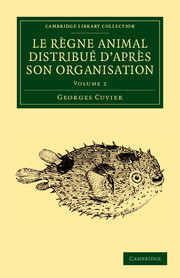
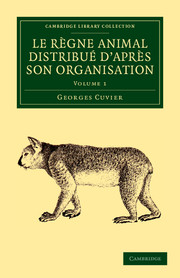


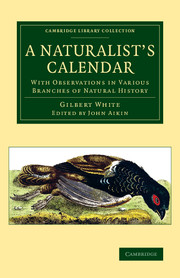
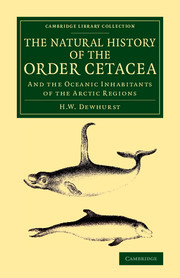
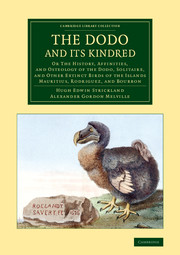

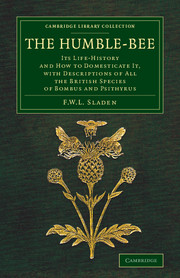


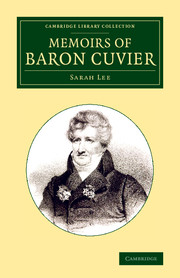
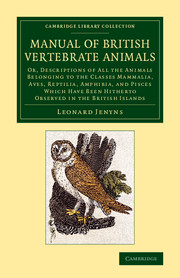




Email your librarian or administrator to recommend adding this to your organisation's collection.